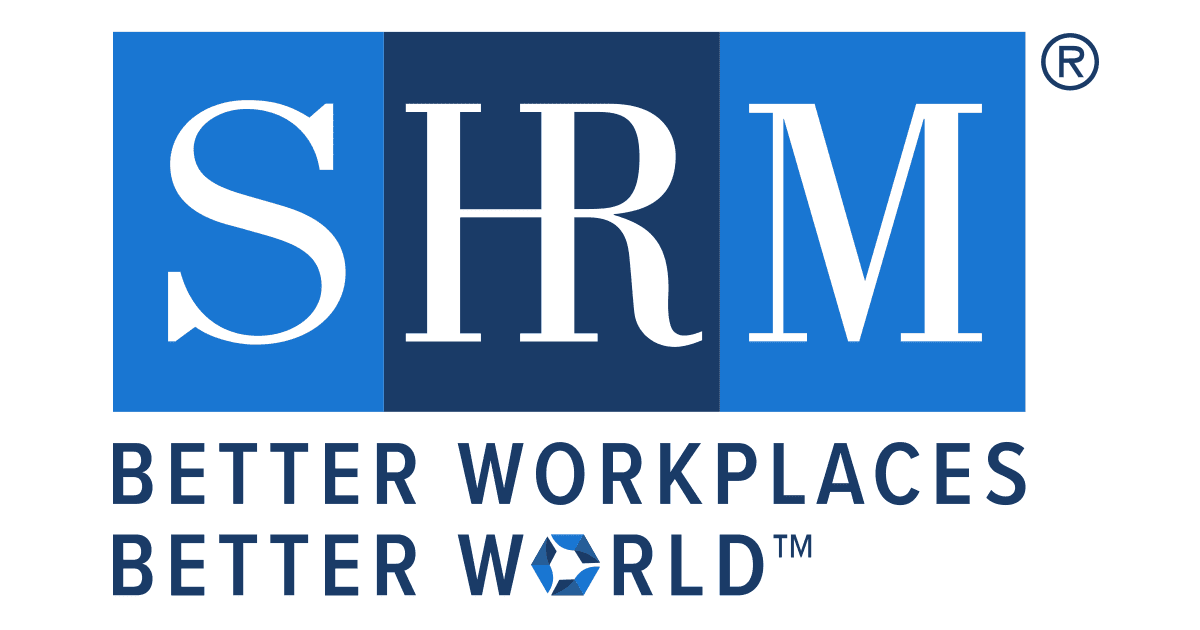

Whether you were in it for the long haul or just a short stint, quitting a job can be rough. Building connections with your colleagues is critical to a successful career, so you want to ensure you handle your exit gracefully and that you do not burn bridges. While the details of what to tell your boss when you quit may vary based on your relationship with them and your reasons for leaving, you should follow some general guidelines to ensure you don’t end up staining your reputation. These are best practices for how to tell your boss you’re going.
Whether working in a permanent or temporary position, figuring out what to tell your boss when you quit is difficult. The trick to a fulfilling career is networking with peers and coworkers, including your boss. While the specifics of what you choose to share with your boss may depend on your reason for quitting and your relationship with them, there are a few basic expectations to meet when resigning from any position. If you follow this advice, you are highly likely to leave your position with a favorable reputation.
When deciding how to tell your boss you’re leaving, it’s essential to consider the following guidelines:
1. Give appropriate notice
When telling your supervisor that you are quitting, you want to give them as much notice as possible to give them time to fill your position. Announcing that you are quitting and that today will be your last day is not what you should tell your boss when you quit because it leaves them with the same amount of work but fewer people around to help. Your employer was kind enough to give you a chance and a job in the first place, so the least you can do when telling your boss you’re leaving is to provide them with a couple of weeks to find your replacement.
Two weeks’ notice is the acceptable time recommended to most professionals. However, one week should be fine if you are in a temporary position. Don’t burn bridges — during your final weeks you must continue to put the same level of effort and energy into your projects and responsibilities. This will ensure you leave on the best possible terms with your boss, whose last experiences with you as a worker will be positive.
2. Quit in person
Thinking about how to tell your boss you’re leaving can be anxiety inducing, tempting you to choose to resign electronically, but it would be rude to quit your job via email. Arrange a time to sit face-to-face with your boss to tell them you will end your position. Your boss will be much more appreciative if you give them the respect of quitting in person, where you can look them in the eye and explain your situation thoroughly.
Even if your reason to quit involves personal details you’re uncomfortable sharing as part of what to tell your boss when you quit, saying so in person will still come across as more genuine. Knowing how to tell your boss you’re leaving means considering their perspective. This conversation will be one of the last ones they have with you as their employee, so leaving a positive final impression is essential. You never know when you may need a reference down the line, which brings us to the last point:
3. Don’t burn bridges
As we mentioned previously, you want to maintain the connections you made at your position when you quit. Be as respectful and appreciative as possible when quitting because, with your current employer and the experience you gained from them, the time you spent with your old employer gave you what you needed to move up. Showing gratitude is the key to how to tell your boss you’re leaving without burning bridges.
You can also continue to support the business after you’ve left when the opportunity presents itself. Perhaps your replacement will have some questions for you a few months later — you should offer your assistance. Make sure you leave your job on good terms to use them as a reference if needed, as you’ll want to ensure their references will be good!











